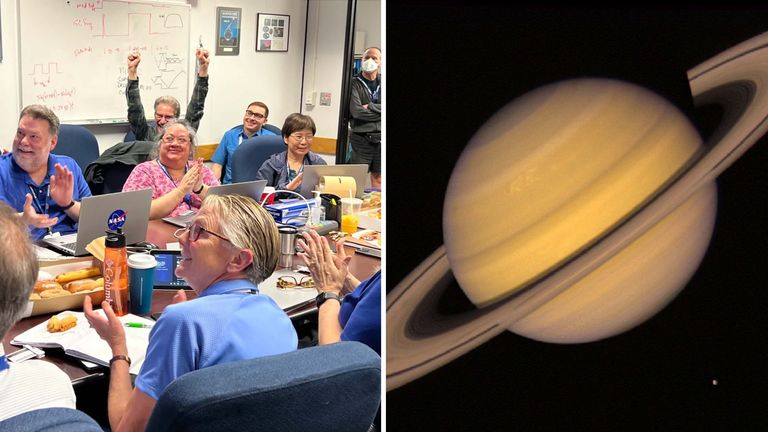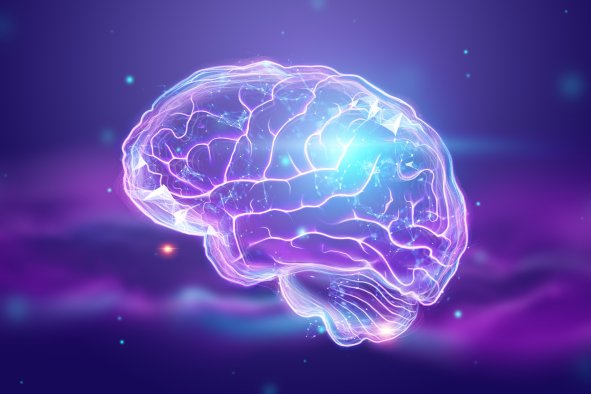The pupils of our eyes get larger when we are focusing on a task–and the size may give clues about our working memory capabilities, a new study has found.
A person's pupils dilate in low-light environments to let more light into the eye and help us see. However, an experiment by researchers at the University of Texas at Arlington found that our pupils also widen when we're concentrating.
Moreover, they found that the more a person's eyes dilated when focusing on a task, the better they did on tests measuring their working memory.
For the study, Matthew Robison, an assistant professor of psychology, and doctoral student Lauren Garner asked 179 undergraduate university students to complete several working memory tasks.
In these tasks, they were given information and then asked to remember it for a few seconds. At the same time, they had their pupils continuously measured using an eye-tracker.
They found that the pupils were more dilated in people who focused more intensely and consistently paid attention—and they performed better on the memory tasks.
"What we found was that the lowest performers on the tasks showed less pupil dilation," Robison said in a press statement. "For the highest-performing participants, their pupil dilations were both larger overall and the individuals were more discerning about the information they were asked to recall."
"This is exciting research because it adds another valuable piece of the puzzle to our understanding of why working memory varies between individuals."
Working memory is one of the brain's executive functions that allows us to process information and use it without losing track of what we're doing.
In the short term, it allows the brain to complete an immediate task like loading the dishwasher, or recalling the earlier part of a sentence to understand a later part. Essentially, it allows us to hold and access the temporary information necessary to complete a task or behavior.
However, working memory assists us in the long term too. It also helps us to decide what information to store for future use, such as whether more dishwasher soap will be needed. It is also important for reasoning, learning, problem-solving and comprehension.
The full findings of the study were published in the journal Attention, Perception & Psychophysics.
Do you have a tip on a science story that Newsweek should be covering? Do you have a question about psychology? Let us know via science@newsweek.com.
Disclaimer: The copyright of this article belongs to the original author. Reposting this article is solely for the purpose of information dissemination and does not constitute any investment advice. If there is any infringement, please contact us immediately. We will make corrections or deletions as necessary. Thank you.



